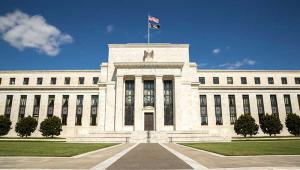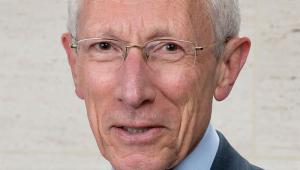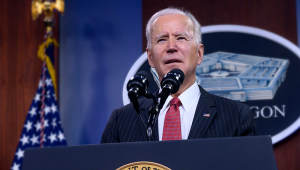William Dudley, one of the Fed’s most prominent policymakers, said that while it would be “premature” to rule out a rate hike this year, the risks of a fallout from the UK’s decision to leave the European Union, a strong US dollar, and uncertainties around the presidential election make caution a safer bet.
“We need to be a bit more careful about the risk of tightening monetary policy in a manner that proves to be premature, as compared to the alternative risk of being a little too late,” he told a conference in Bali.
There is much disagreement about when the bank could make its move on interest rates, but a recent poll of economists by Reuters found that most believe a policy meeting in December as the most likely time for the decision.
If a rate increase did happen that month, it would mark one year since the Fed raised interest rates for the first time in nearly a decade.
But after weak US growth data was published on Friday, the Fed is now forecasting only a 30% chance of a rate increase by the end of the year, compared to around 50% the week before.
Dudley, however, noted it is possible that the US economy would perform better than expected through the year end, financial conditions could ease, or that global risks could dissipate.
“For these reasons, I think it is premature to rule out further monetary policy tightening this year,” he said.
The dollar’s unique role in the global economy means that the impact of an interest rate hike would expand far beyond the US, and around the world, economists will be awaiting the Fed’s next move.
For example, a further move away from the near-zero borrowing costs that had prevailed since the financial crisis would be a worrying sign for emerging markets that rely on cheap dollar debt to fund big projects or boost consumption in particular.
It could mean higher debt repayments for emerging markets, governments and businesses if the amount is denominated in dollars, or if investment capital is pulled away from markets like Asia with the aim of seeking better returns from the US.
At the same time however, if the rise gives a boost to the US dollar it would mean other regions’ exports to America would be cheaper.













